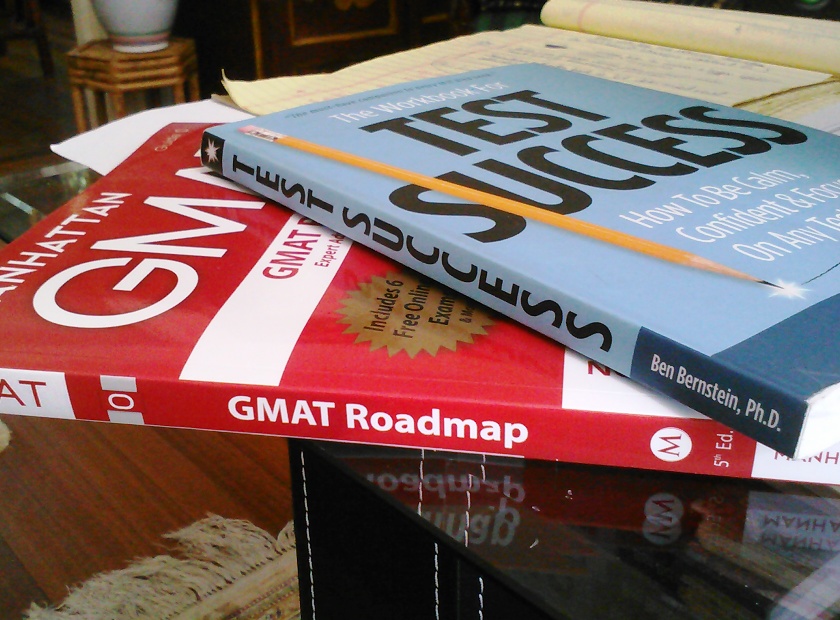Advice from the GMAC folks on Scholarships
Business school is expensive. Really expensive. And I’m no expert. But the Graduate Management Admissions Council (the fine organization that brings you the GMAT) has posted this excellent piece on MBA.com by Natasha Kobrinsky, Director of Student Financial Services, Pepperdine University, Graziadio School of Business and Management. Note that some of the specific suggestions are for U.S. citizens and residents only, but the suggestion about contacting the school directly works for everyone.
How do I research and negotiate scholarship opportunities and loans?
Completing the Free Application for Federal Student Aid (FAFSA) is always a good start. Having completed the FAFSA will make your communication with schools more productive.
Maximize your funding options. Consider all sources of assistance, including institutional and external scholarships grants, federal and private loans, work study, and graduate assistantships.
Proactive communication is the key to make the most out of available funding sources. Contact the schools of your interest to learn about the procedures and applications they use to determine eligibility for institutional aid. For example, some schools use the College Scholarship Services (CSS) Profile application in addition to the FAFSA.
Take the initiative. If you believe that information reported on your FAFSA is not representative of your current financial or household situation, contact the school to ensure that the financial aid offer is reviewed and evaluated based on your up-to-date and relevant information. (italics mine)
For example, a school may be able to increase your eligibility for aid if you or your spouse lost a job or have unusually high medical or relocation expenses.Schools do not negotiate financial aid awards but they may reevaluate your financial aid package based on the changes you communicate. Explore reliable scholarship search engines such as Scholarship America, FastWeb, College Board, or Sallie Mae. The scholarship process can be time consuming and somewhat cumbersome but even a few small scholarships may noticeably reduce your financial obligations. Scholarship foundations like the American Association of University Women (AAUW) or the National Society of Hispanic MBAs may be looking for someone like you who fits their scholarship profile.
Be mindful of scholarship scams. Avoid any scholarship search tools or applications that require fees or ask for your personal information such as your social security number. Legitimate organizations provide their scholarship search services free of charge.Consider student loans as a source for your education funding. The benefits of loan funding vary based on your ability to repay the loans and your expected repayment timeline. Federally guaranteed loans offer fixed rates while private educational loans generally offer variable and tiered rates based on the borrower and co-signer’s creditworthiness. Borrowers and co-signers with a good credit history may have an advantage in obtaining lower cost private loans. It pays to review and compare the loan interest rates. Contact the school to clarify the loan terms and minimize the cost of your borrowing.




